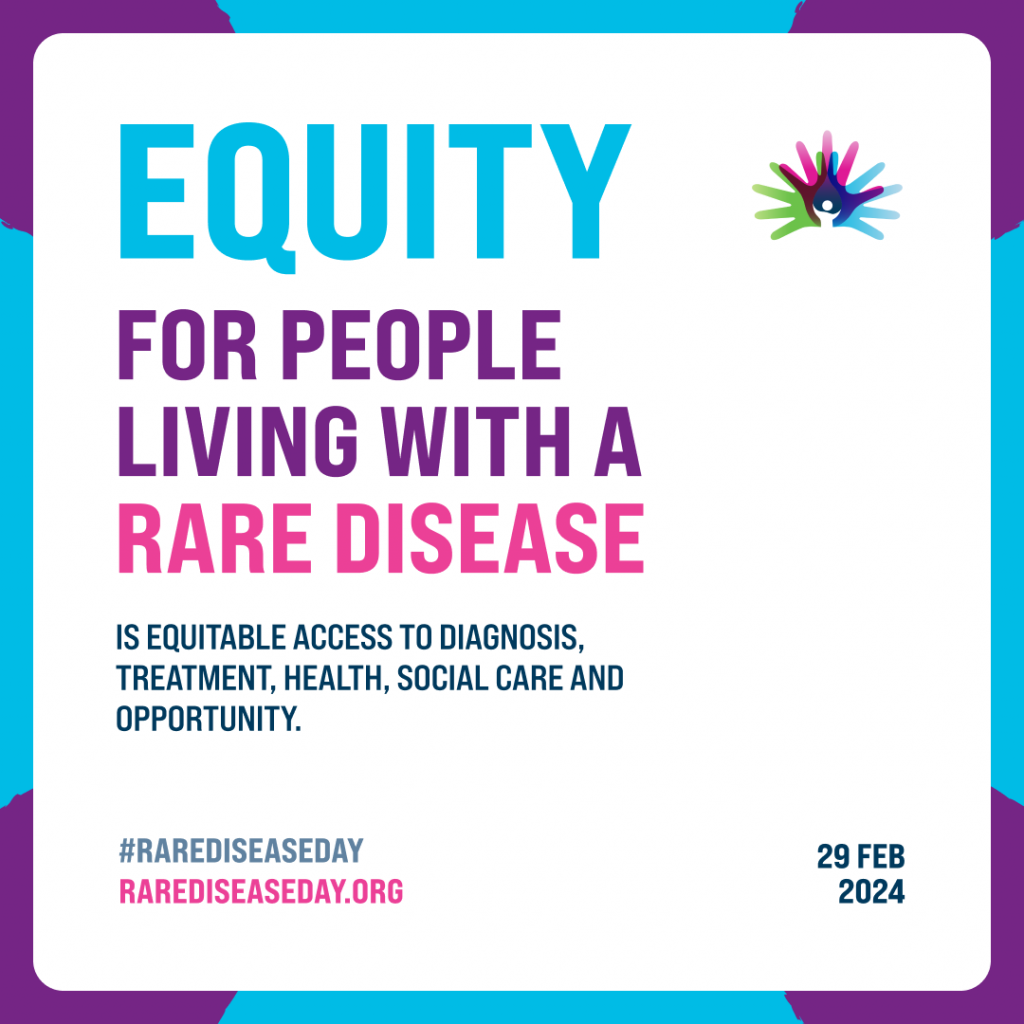“Oral corticosteroids are widely used in patients with the most severe forms of asthma, but the outcome is not well understood,” said Prof. Njira Lugogo (University of Michigan, USA). There is a growing recognition of the adverse consequences of maintenance systemic corticosteroid therapy in asthma treatment [2]. However, only a few studies have assessed this effect in severe asthma patients with a specialist-confirmed diagnosis. The CHRONICLE study is an ongoing, non-interventional, observational study of adults with severe asthma. Participants receive biologic treatments and/or maintenance systemic corticosteroid therapy.
In the present analysis presented by Prof. Lugogo, the prevalence of potential systemic corticosteroid (SCS)-associated conditions was compared between patients with no reported history of maintenance therapy with SCS (SCS use for <30 days) (n=600), SCS use with a cumulative duration of <2 years (n=83), and SCS use with a cumulative duration of ≥2 years (n=113).
Of the 796 participants enrolled across 89 sites in the USA between February 2018 and February 2019, maintenance use of SCS was documented in 196 patients, 83 of them were treated for <2 years, and 113 for ≥2 years. Pneumonia and osteopenia were had the highest prevalence regarding the adverse conditions of systemic corticosteroids. The prevalence of associated adverse conditions was more pronounced in patients with SCS use ≥2 years. “We noticed a clear dose response effect,” Prof. Lugogo explained. Percentage of patients with a BMI ≥30 was 51% in the group without SCS use, 61% in the group with SCS use <2 years, and 43% in the group with SCS use of ≥2 years. “As there was no higher BMI in patients treated with systemic corticosteroids, the adverse outcome is independent of obesity,” Prof. Lugogo said.
Healthcare providers should employ SCS-sparing treatment strategies to avoid the negative consequences of this therapy. “There is a much higher risk of toxicity – we definitely need to think about this,” emphasised Prof. Lugogo.
- Lugogo NL. Maintenance systemic corticosteroid use is associated with multiple adverse conditions in U.S. adults with severe asthma: Results from the Chronicle Study. P364, ATS 2020 Virtual, 5-10 Aug.
- Price DB, et al. J Asthma Allergy 2018;11:193-204.
Posted on
Previous Article
« First-in-class tyrosine kinase inhibitor shows promise in severe asthma Next Article
Dupilumab shows long-term efficacy in asthma patients »
« First-in-class tyrosine kinase inhibitor shows promise in severe asthma Next Article
Dupilumab shows long-term efficacy in asthma patients »
Table of Contents: ERS 2020
Featured articles
COVID-19 and the Lung
COVID-19 infections: Bronchoscopy provides additional diagnostic certainty
COVID-19 vaccines: An ongoing race
COVID-19: What is the risk of reinfection?
COVID-19 App: The Dutch experience
Secondary pulmonary fibrosis: a possible long-term effect of severe COVID-19
COVID-19 survivors benefit from structured follow-up
Early pulmonary rehabilitation post-COVID-19 aids recovery
Asthma – What's New
Mild asthma: A fundamental change in management
Dupilumab shows long-term efficacy in asthma patients
Severe asthma: Oral corticosteroids maintenance therapy associated with toxicity
First-in-class tyrosine kinase inhibitor shows promise in severe asthma
Predicting individual effectiveness of biologics in severe asthma
IL-5 antagonist showed efficacy in chronic rhinosinusitis with nasal polyps
Treatment according to genotype: The future of asthma therapy?
COPD – The Beat Goes On
The role of chronic symptoms as early biomarkers of COPD development
Urgent call for studies in COPD patients aged 40-60 years
Nasal high-flow therapy: a novel treatment option for hypercapnic COPD patients
Exacerbation history is a reliable predictor of future exacerbations
Singing training effective as physical rehabilitation in COPD
Current prediction tools underestimate exacerbation risk of severe COPD patients
Exercise and Sleep: From Impaired Function to New Therapeutic Strategies
CPAP withdrawal has negative consequences for sleep apnoea patients
Physical activity improves AHI in sleep apnoea patients
The Tobacco Epidemic: From Vaping to Cannabis
Poly-use of nicotine products and cannabis: a deadly combination
E-cigarettes: A source of chronic lung inflammation
Social smoking: Do not underestimate the risks
Chronic Cough – State of the Art
LEAD study shows multiple phenotypes in many chronic cough patients
First-in-class P2X3 receptor antagonist shows promise for chronic cough treatment
Lung Cancer Detection
Lung cancer screening: Most patients not eligible 1-2 years prior to diagnosis
Distinct changes in lung microbiome precede clinical diagnosis of lung cancer
Best of Posters
Smartphone-based cough detection helpful in predicting asthma deterioration
Reduced lung function associated with cognitive decline in the elderly
Longer hospital stay and fewer transplants for frail ILD patients
Related Articles

February 26, 2024
Join the conversation on Rare Disease Awareness Day

June 22, 2022
EULAR 2022 Highlights Podcast
© 2024 Medicom Medical Publishers. All rights reserved. Terms and Conditions | Privacy Policy
HEAD OFFICE
Laarderhoogtweg 25
1101 EB Amsterdam
The Netherlands
T: +31 85 4012 560
E: publishers@medicom-publishers.com

